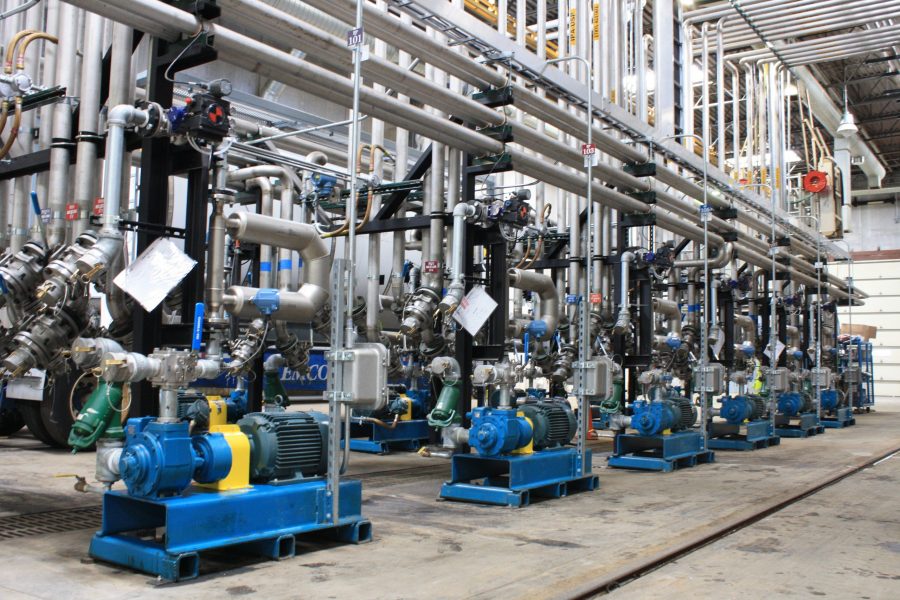When it comes to pumping systems, the pump casing is the most important component, and the material that it is made of is a significant factor in determining the system’s overall performance and longevity. Upgrading the material that your pump casing is made of is a wise investment that will enhance the overall performance of your system as well as its longevity. This is true regardless of whether you are working with corrosive fluids, high-temperature liquids, or abrasive chemicals. For the purpose of upgrading your pump casing, we will examine the many kinds of materials that are available to you in this blog article.
Over the course of its lifetime, the cast iron pump casing was subjected to a significant amount of wear, which ultimately resulted in a decrease in discharge pressure and ultimately led to the pump being taken out of service. Today there are different types of pumps may be found all over the globe. Some examples of these pumps include process pumps, connected pumps, rotary lobe pumps, gear pumps, submersible pumps with rotary pumps, centrifugal pumping systems, diaphragm pumps, and many more. Castings for pump industry have the appropriate production system in place to produce investment castings for pumps.
Introduction to Pump Casing Materials
Cast iron, stainless steel, bronze, and plastic are some of the materials that have traditionally been used to construct pump casings. Each of these materials has distinctive qualities and is suited for a variety of applications. Cast iron, for instance, is well-known for its strength and durability, which is why it is often selected for use in industrial applications that need tremendous pressure. On the other hand, stainless steel has an exceptional resistance to corrosion, which makes it a good material for the management of corrosive oils and liquids.
Over the course of the last few years, developments in the field of material science have resulted in the creation of novel materials that, in comparison to conventional alternatives, provide higher performance and durability. Due to the outstanding qualities that they possess, materials such as duplex stainless steel, titanium, and ceramics are becoming more popular in the pump business.
Importance of Choosing the Right Material for Pump Casing
- When it comes to improving the efficiency and longevity of pumps, selecting the appropriate material for the pump casing is of the utmost importance. When it comes to deciding the overall effectiveness and lifetime of the pump system, the material that the pump casing is made of plays a crucial influence.
- In order to guarantee that the pump casing is able to resist the working circumstances, which include pressure, humidity, and the kind of fluid that is being pumped, it is vital to choose the suitable material for the pump casing. Due to the fact that various materials provide differing degrees of resistance to corrosion, damage, and wear, it is essential to take into consideration the particular needs of the application.
- In addition, the material that is used for the pump casing may have an effect on a variety of aspects, including the frequency of maintenance, the energy efficiency, and the total running expenses. When it comes to the pump system, making an investment in high-quality materials that are suitable with the operating needs may result in enhanced performance, less downtime, and a longer service life.
- When it comes to maximizing pump performance and guaranteeing long-term dependability in a variety of industrial applications, one of the most important steps is to take the time to study the features and compatibility of various materials for the pump casing.
Conclusion
In summary, the use of investment castings in the construction of pumps has the potential to greatly improve operational efficiency, dependability, and overall performance. Through the use of investment castings, pump manufacturers may enhance their designs, minimize energy usage, and provide pump systems of superior quality that cater to the requirements of many sectors.



